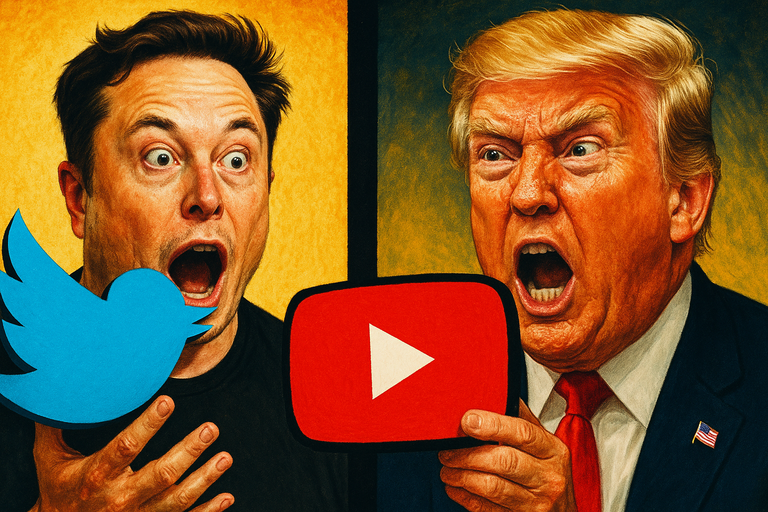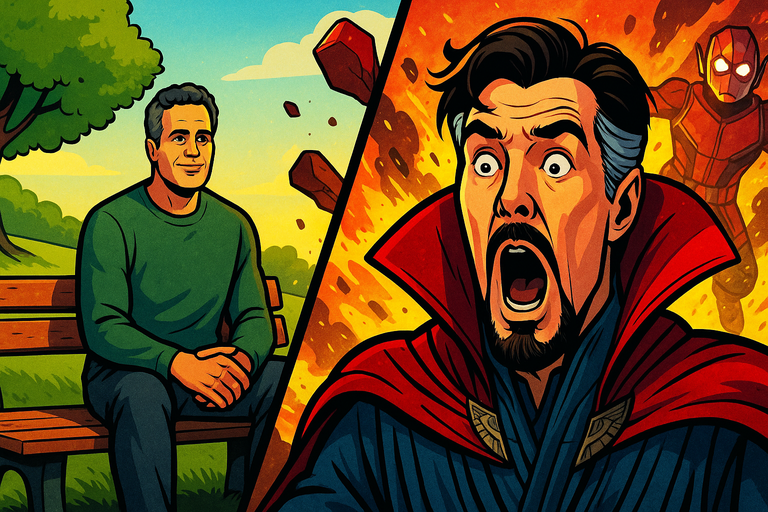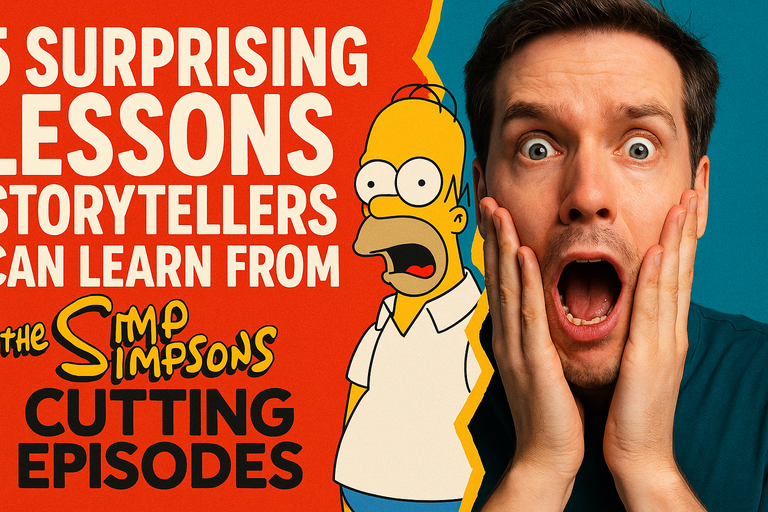
What if I told you your favorite internet drama was actually a masterclass in storytelling? Picture this: you’re doomscrolling, sipping iced coffee, when a sensational headline pops up—Trump and Musk are at it again, slinging digital mud across their empires. Maybe you groan, maybe you snicker, but you definitely can’t look away.
If you missed it, The Verge recently published this wild breakdown of the latest Trump–Musk feud. Their “mean posts” aren’t just playground insults—they’re public performances, meticulously staged across their own platforms. But here’s the real twist: is this high-profile drama just kayfabe, or are we witnessing raw, unfiltered narrative genius at work?
How Drama Online Became the New Storytelling Battleground
Let’s be real: For as long as we've had stories, we've had drama. From ancient mythology to Netflix originals, conflict is what hooks us. What’s different now? The protagonists aren’t demigods or cowboys—they’re billionaire CEOs with meme arsenals and millions of followers. Trump and Musk’s online spats are more than headline fodder; they’re part of a new narrative genre: Digital Spectacle.
But why does it work? Why are we so obsessed with these public battles, even as we claim to hate them?
The Four Ingredients of Viral Digital Drama
- Characters Larger Than Life: You can’t make up personalities like these. Love them or loathe them, Trump and Musk deliver on hyperbole and unpredictability.
- Real-Time Conflict: Forget three-act structure. These feuds unfold live, with each post upping the ante.
- Audience Participation: Unlike old-school storytelling, we’re not just spectators. Tweets, memes, hot takes—we’re all part of the narrative.
- Suspense and Cliffhangers: A cryptic Musk reply, a Trump meme—each post drops hints for the next episode.
And, if you’re wondering, yes—none of this happens by accident. Think about it: These guys own their own social platforms. When they trade barbs, they’re pulling the strings of an entire social narrative.
Is It All Just Kayfabe? (Spoiler: Kind of, But That’s the Point)
The Verge article floats the theory that all this drama is kayfabe—wrestling speak for staged conflict. It sounds wild, but after binge-watching this saga, I have to admit: even if it’s not scripted, it’s definitely performed. Each post, each clapback, is carefully crafted for maximum engagement and viral potential.
And here’s the kicker: kayfabe makes us complicit. We retweet, we comment, we argue with strangers. The lines blur between storyteller and audience, performance and reality.
What Can Storytellers Learn from All This?
It’s tempting to dismiss these feuds as the internet’s latest trash fire, but if you’re a creator, there’s gold here. Here’s what I’ve learned—painfully and hilariously—from watching these digital dramas:
- Conflict isn’t a bug, it’s a feature. Audiences crave tension—even if it’s messy.
- Personality matters. The more distinctive your voice, the stickier your story.
- Own your platform. When you control the narrative space, you set the rules.
- Invite your audience in. Whether it’s through polls, replies, or memes—engagement transforms storytelling into a shared experience.
And if you’re hungry to take these lessons into your own creative practice, there’s no better place to look than groups dedicated to empowering storytellers. (Seriously—shoutout to the folks at The Infinite Dude Media, who are all about helping people build stories with impact, not just noise.)
The Bigger Picture: Are We All Playing a Part?
The Trump–Musk saga isn’t just a celebrity roast. It’s a reflection of our digital age, where boundaries between news, entertainment, and narrative dissolve. Every viral post is a little story, and every audience member (yup, that’s you and me!) makes it bigger, weirder, and somehow, more real.
So next time you see two titans of tech going at it online, ask yourself: Is this chaos—or is it the greatest storytelling show on earth?
One thing’s for sure: The drama isn’t going away anytime soon. But what are we going to do with it? Will you just watch, or will you learn how to steer the story?
Sound off below: Have you ever used conflict or drama to boost your own stories? What’s the wildest online feud you’ve ever witnessed? Let’s swap tales in the comments—because the show’s not over yet.


